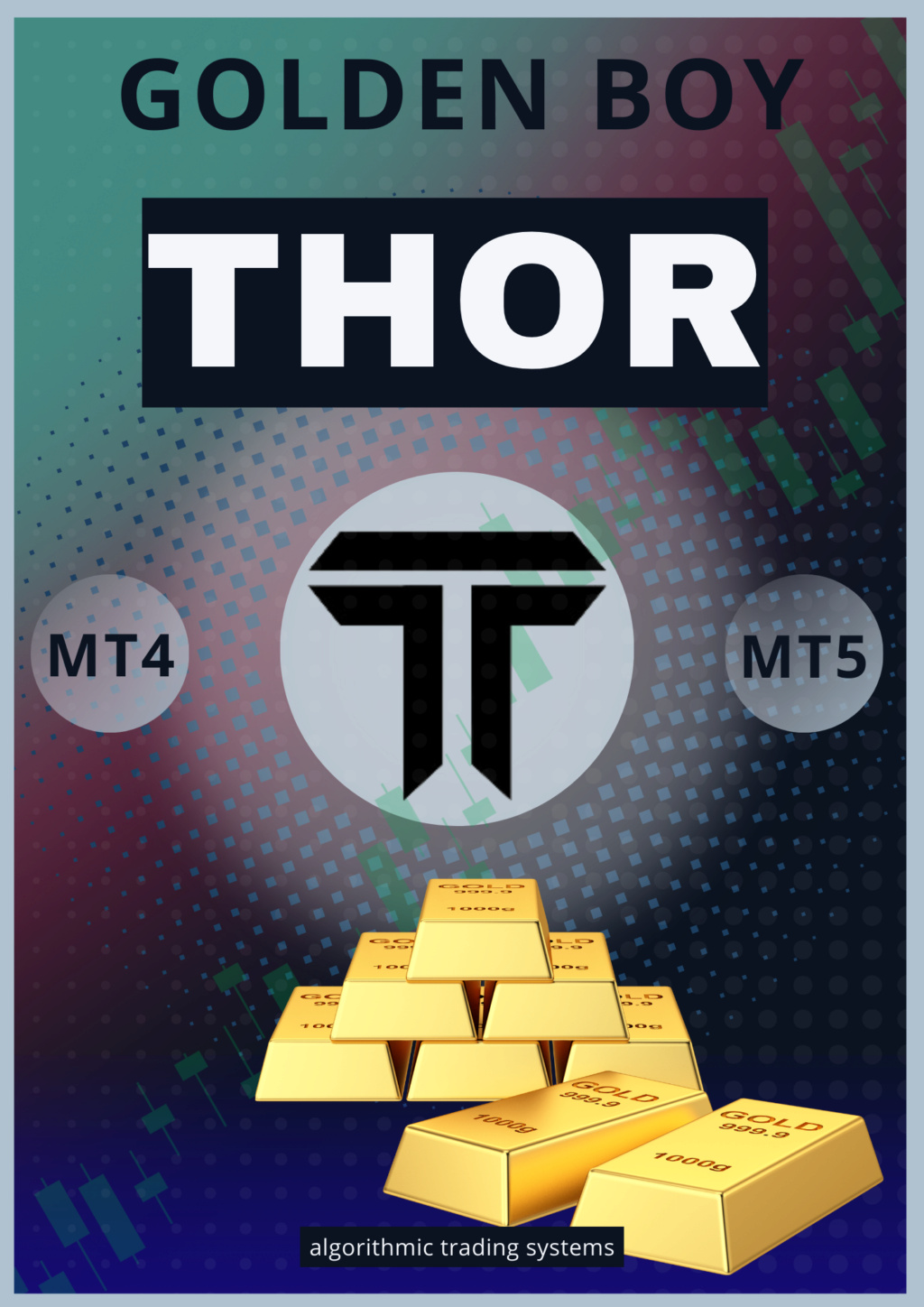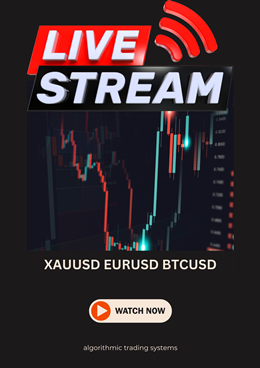Nature works in cycles, there is winter, summer, drought, rain, monsoons, a year with mosquitos, one without, El Niño, La Niña, a good crop, bad crop, etc. As we are part of nature, cyclicality is inherent to our behavior and our behavior is reflected in the economy as we are the economy.
It’s important to continually analyze and mark where we are in the economic cycle in order to have a better perspective on how to position ourselves as investors. Most analysts and financial professionals look in the rear-view mirror to predict the future and then focus on only one year. This is because it doesn’t pay to look beyond a year as it would force them to tell the truth and consequently lower their selling commissions because not many would invest if they knew that there was a risk of losing 50% of their investment in the next few years.
Today we’ll start by analyzing the most important cycle for us investors, the credit cycle.
The short-term credit cycle drives the economy. As the economy recovers from a crisis, more people are employed and can spend more while banks give them more credit. Then, as people spend more, more jobs are created and the cycle expands. This continues for as long as there is credit that allows more spending and consequently more hiring.
On the positive outlook, businesses invest more and further fuel the cycle. However, at a point in time, the cycle reverses. This happens when people are over-leveraged or some external factor tightens credit markets.
Let’s see where we are in the credit cycle.
In the last 10 years, real disposable personal income has grown 19% while total consumer credit has grown 53%.
When you spend more than you earn, sooner or later this has to invert and you have to spend less in order to repay the debt.
Another example of spending less later is education. A strong message against the rising costs of education comes from Peter Thiel, the founder of PayPal and one of the first investors in Facebook. He stated that education is in a bubble and doesn’t justify the rising costs. Education costs have increased twice as fast in relation to inflation.
You might wonder why we mention this, but higher inflation costs lead to higher student debt and student debt has skyrocketed.
Higher student debt means new, young employees have less to spend on homeownership. In the period from 2013 to 2015, the number of renters rose by one million while the number of homeowners fell by forty thousand. As interest rates are extremely low, demand for homes is covered by real estate investors but as rates increase, we could see another tightening in the real estate sector.
This leads us to the main question: what factor will tighten credit?
Well, the FED has already announced it, higher interest rates. As soon as a rate increase was expected, mortgage costs shot up.
Higher federal funds rates will also lead to higher interest rates on consumer loans, and corporate and government debt. Federal debt ballooned when it was necessary to pull the economy out of the last recession, but it hasn’t declined as things have gotten better.
Higher debt hasn’t been viewed as a bad thing due to the extremely low interest rates. However, even in a situation with consistently declining interest rates, federal yearly interest payments have increased considerably.
Even marginal increases in interest rates are going to put substantial pressure on the budget leading to lower government spending or further government borrowing. As interest rates are extremely low, they could easily double and consequently double required interest payments in the long term. As said at the beginning of this article, you can’t spend more than what you make forever.
In addition, industrial production has already been in a recession for more than two years.
he above describes an unsustainable trajectory. However, predicting when these issues will hit the markets is simply impossible, it could be tomorrow or in a decade. In an environment where everybody is long everything, myopic thinking about the above described long term risks will differentiate winners from losers in the next decade.
Don’t get caught on the wrong side of investing. Think about hedges like gold miners, commodities, foreign currencies, and investments that can give you some income on the spot while protecting you from potential trouble.
source: investiv
- The economic recovery hasn’t lowered debt levels while interest rates are starting to increase.
- Expect lower consumer, corporate, and government spending.
- When you invest, please be aware of what is described below.
It’s important to continually analyze and mark where we are in the economic cycle in order to have a better perspective on how to position ourselves as investors. Most analysts and financial professionals look in the rear-view mirror to predict the future and then focus on only one year. This is because it doesn’t pay to look beyond a year as it would force them to tell the truth and consequently lower their selling commissions because not many would invest if they knew that there was a risk of losing 50% of their investment in the next few years.
Today we’ll start by analyzing the most important cycle for us investors, the credit cycle.
The short-term credit cycle drives the economy. As the economy recovers from a crisis, more people are employed and can spend more while banks give them more credit. Then, as people spend more, more jobs are created and the cycle expands. This continues for as long as there is credit that allows more spending and consequently more hiring.
On the positive outlook, businesses invest more and further fuel the cycle. However, at a point in time, the cycle reverses. This happens when people are over-leveraged or some external factor tightens credit markets.
Let’s see where we are in the credit cycle.
In the last 10 years, real disposable personal income has grown 19% while total consumer credit has grown 53%.
[You must be registered and logged in to see this image.]
Personal income vs. consumer credit
Personal income vs. consumer credit
When you spend more than you earn, sooner or later this has to invert and you have to spend less in order to repay the debt.
Another example of spending less later is education. A strong message against the rising costs of education comes from Peter Thiel, the founder of PayPal and one of the first investors in Facebook. He stated that education is in a bubble and doesn’t justify the rising costs. Education costs have increased twice as fast in relation to inflation.
[You must be registered and logged in to see this image.]
Education costs.
Education costs.
You might wonder why we mention this, but higher inflation costs lead to higher student debt and student debt has skyrocketed.
[You must be registered and logged in to see this image.]
Student debt has skyrocketed.
Student debt has skyrocketed.
Higher student debt means new, young employees have less to spend on homeownership. In the period from 2013 to 2015, the number of renters rose by one million while the number of homeowners fell by forty thousand. As interest rates are extremely low, demand for homes is covered by real estate investors but as rates increase, we could see another tightening in the real estate sector.
This leads us to the main question: what factor will tighten credit?
Well, the FED has already announced it, higher interest rates. As soon as a rate increase was expected, mortgage costs shot up.
[You must be registered and logged in to see this image.]
Mortgage costs shot up.
Mortgage costs shot up.
Higher federal funds rates will also lead to higher interest rates on consumer loans, and corporate and government debt. Federal debt ballooned when it was necessary to pull the economy out of the last recession, but it hasn’t declined as things have gotten better.
[You must be registered and logged in to see this image.]
Federal debt.
Federal debt.
Higher debt hasn’t been viewed as a bad thing due to the extremely low interest rates. However, even in a situation with consistently declining interest rates, federal yearly interest payments have increased considerably.
[You must be registered and logged in to see this image.]
Interest Expense on the debt outstanding.
Interest Expense on the debt outstanding.
Even marginal increases in interest rates are going to put substantial pressure on the budget leading to lower government spending or further government borrowing. As interest rates are extremely low, they could easily double and consequently double required interest payments in the long term. As said at the beginning of this article, you can’t spend more than what you make forever.
In addition, industrial production has already been in a recession for more than two years.
[You must be registered and logged in to see this image.]
Industrial production.
Industrial production.
he above describes an unsustainable trajectory. However, predicting when these issues will hit the markets is simply impossible, it could be tomorrow or in a decade. In an environment where everybody is long everything, myopic thinking about the above described long term risks will differentiate winners from losers in the next decade.
Don’t get caught on the wrong side of investing. Think about hedges like gold miners, commodities, foreign currencies, and investments that can give you some income on the spot while protecting you from potential trouble.
source: investiv

 Events
Events Blog
Blog






